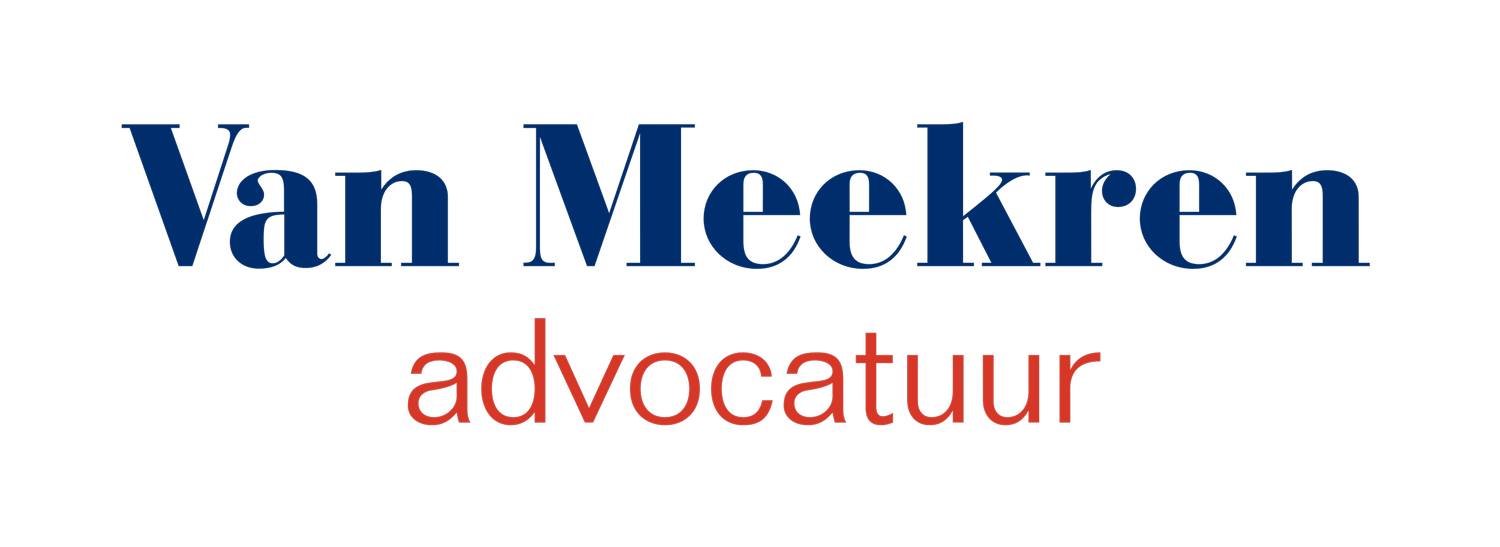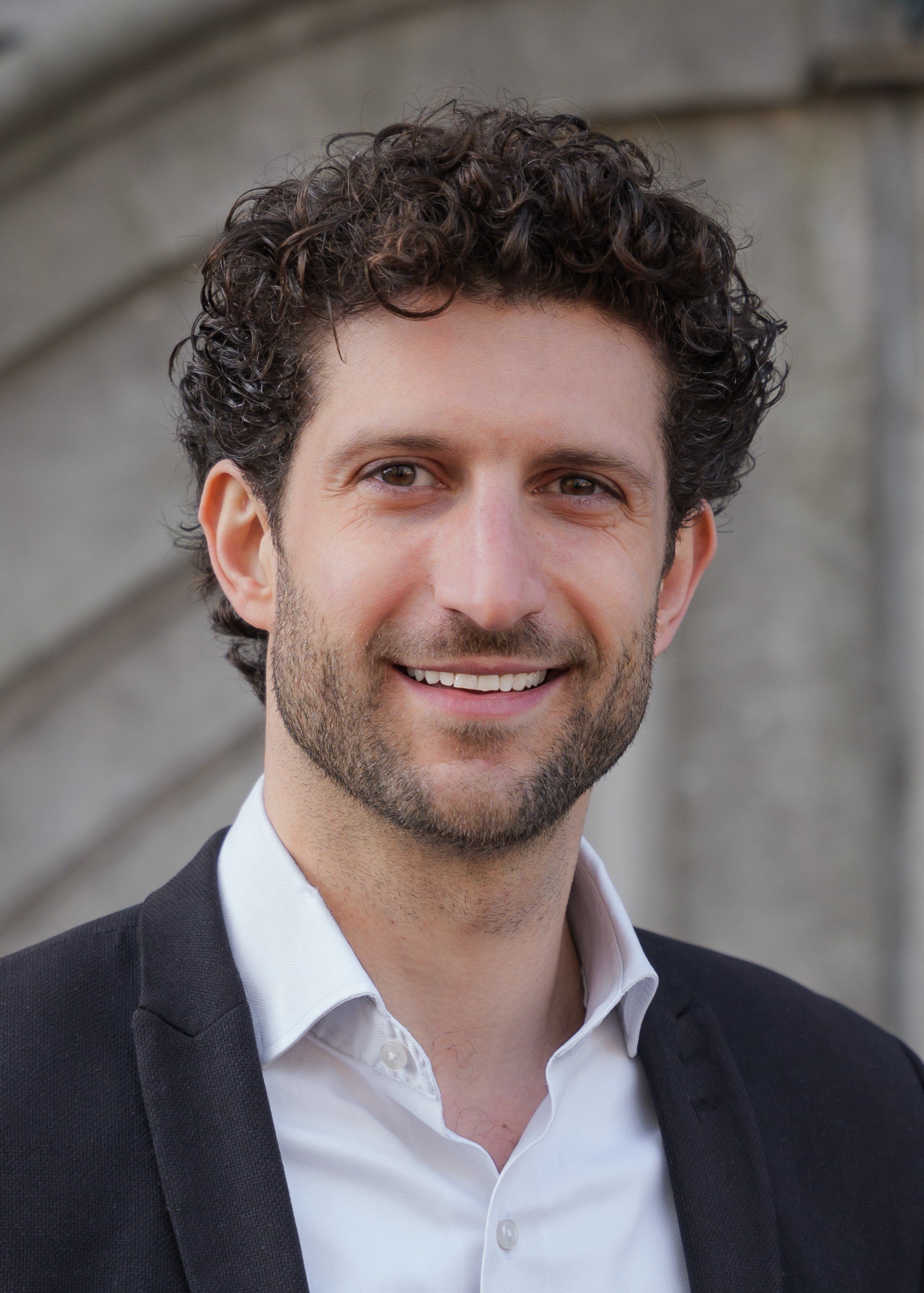Criminal lawyer's forgery charge
False or forged documents regularly play a role in larger fraud issues. For example, a director's signature may have been forged to place an order. False pay stubs may have been attached to a mortgage application in order to obtain a higher loan. In such cases, it is fairly obvious that preparing or using such documents is punishable, but that is not always the case. Does a doctor commit forgery if he or she keeps patient records (very) carelessly? And does every inaccuracy on an invoice also constitute forgery?
Looking for a lawyer with specialist knowledge about forgery? At Van Meekren Advocatuur, your case is in good hands.
What is forgery?
Forgery in writing is punishable under section 225 of the Dutch Penal Code and consists basically of two offenses. Paragraph 1 criminalizes the falsification or false preparation of a writing for evidentiary purposes if done with the intent to use the writing as genuine. Paragraph 2 criminalizes the intentional use of such a writing.
Forgery or falsification occurs when the content of a document is altered by changing something, removing something, or adding something precisely. The forgery can involve both physical and digital documents. The ultimate purpose of the writing must be to prove something. Consider:
false invoices;
fake passports;
false diplomas; or
a forged VOG.
Returning to the doctor who carelessly maintains patient records: whether the doctor is punishable will depend on the circumstances of the case. If the doctor deliberately adapts the record to avoid liability, then he or she will soon be guilty of forgery. With sincere carelessness, this is not easily the case. Then intent is lacking.
I am seeking advice on forgery
Perhaps one of your employees has been careless with the administration and you are now wondering whether you are also criminally liable for this. Perhaps you would like advice and/or assistance in filing a report.
For such issues and more, please contact us. Van Meekren Advocatuur regularly advises on issues involving forgery. Good advice can potentially prevent or mitigate criminal or civil liability.
I am suspected of forgery
Are you or someone you know suspected of forgery? Then it is important to engage at an early stage a lawyer with specialized knowledge of forgery and thorough knowledge of criminal procedure. At Van Meekren Advocatuur you have come to the right place.
Assistance to suspects may include the following:
assistance during interrogation;
complaining about seized property;
hear witnesses at the magistrate's court or at the hearing;
Assist in gathering exculpatory evidence;
representing you in court.
If you are suspected of forgery, it is important that you seek legal assistance at an early stage. The sooner we are involved, the more we can do for you.
More information about forgery
-
Forgery is punishable under Article 225 (1) and (2) of the Dutch Penal Code. These paragraphs read as follows:
"(1) He who falsely makes or falsifies a writing intended to be used as evidence of any fact, with intent to use it as genuine and unadulterated or to cause it to be used by others, shall be punished as guilty of forgery, by imprisonment for a term not exceeding six years or a fine of the fifth category.
2 With the same punishment shall be punished he who intentionally uses the false or forged writing as if it were genuine and unadulterated or intentionally delivers or has at his disposal such writing while he knows or should reasonably suspect that it is intended for such use."
-
Statutory maximum penalties
The maximum penalty depends on which variant of forgery is proven:
imprisonment for six years or a fifth category fine for forgery as described in Article 225(1) and (2) of the Criminal Code;
imprisonment for 7 years or a fifth category fine for forgery of official documents mentioned in Article 226 Sr;
an 8-year prison term or a fifth-category fine for forgery with the intent to prepare or facilitate a terrostic crime (art. 225 para. 3 Sr.).
In addition, the law describes some variants of forgery with a lower penalty maximum (art. 228-230 Sr). However, case law has revealed that in such cases the Public Prosecution Service may also prosecute for section 225 of the Criminal Code, so that these provisions have lost their relevance in practice (see Arnhem-Leeuwarden Court of Appeal June 4, 2021, ECLI:NL:GHARL:2021:5774).
LOVS Landmarks
The statutory maximum sentences are rarely imposed. A better indication of the expected sentence follows from the guidelines that various judges have agreed upon among themselves. There are no guidelines specifically for forgery, but there are for fraud. Judges may deviate from these, but they do provide guidance.
In the guidelines for fraud, the penalty to be imposed depends on the extent of the fraud:
Up to € 10,000.-- 1 week - 2 months GS ov / TS ov
€ 10,000.-- to € 70,000.-- 2-5 months GS ov / TS ov
€ 70,000 to € 125,000 5-9 months GS ov /TS ov + GS vw
€ 125,000.-- to € 250,000.-- 9-12 months GS ov
€250,000.-- to €500,000.-- 12-18 months GS ov
€500,000.-- to €1,000,000.-- 18-24 months GS ov
€ 1,000,000 and above 24 months - maximum GS ov
Public Prosecution Service's criminal prosecution guidelines
In addition, the Public Prosecution Service has drawn up guidelines for the way in which it prosecutes forgery. This usually provides a good indication of the expected sentence.
The Public Prosecution Service's criminal prosecution guidelines describe some common forms of forgery, such as possession of a false driver's license (2 months GS for a first offender) or using a false diploma (TS 90-120 hours for a first offender). The guideline itself can be found here .
Additional penalties and measures
If someone is prosecuted for forgery, the stakes can be high. In addition to (prison) sentences, the Public Prosecution Service can also try to confiscate illegally obtained benefits. This is also popularly known as the pluck legislation. The financial stakes can quickly mount up. A conviction for forgery can also have consequences for obtaining a certificate of conduct, especially if the convicted person wants to (continue to) work in the financial services sector.
-
Under circumstances, a legal entity can also be held criminally responsible for forgery. In a Supreme Court ruling from 2018, for example, a company was convicted of forgery for billing dab as a school. A criminal conduct can be imputed to a legal entity if it can be "reasonably imputed to it. When that is the case, case law further develops.
You can read more about the criminal liability of legal entities at this link .
If a legal entity is criminally liable, then the principals or actual directors can also be criminally prosecuted and convicted. Usually these are members of the board, but they can also be people from lower management. In case about the fish fraud, for example, the director-major shareholder was also held criminally responsible for tampering with the invoices (ECLI:NL:HR:2018:1677).
These forms of liability are, of course, separate from the criminal liability of individual who actually forges or falsely prepares a writing. That person may be considered a perpetrator.
What do our clients say?
"Bram has been professional, enthusiastic to help, committed and transparent. Recommended!"
Client, July 2024
"Bram Horenblas is a top lawyer ! He listens incredibly well and explains everything well and clearly to you. Mr. Horenblas is very friendly and sensible/intelligent lawyer who prepares himself incredibly well. Mr. Horenblas really went through fire for me and wanted to win this case at any cost. He is very dedicated, knowledgeable and quick. He sorts everything out to perfection and is very precise when defending me as a client."
Client, May 2024
"Top lawyer! Mr. Horenblas truly goes through fire for his clients. Dedicated, knowledgeable and quick. He sorts everything out to perfection."
Client, April 2024
Direct contact
Looking for a lawyer forgery case? Feel free to contact us via the contact form. We generally respond within one business day.


